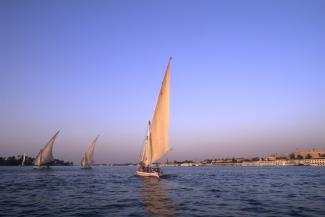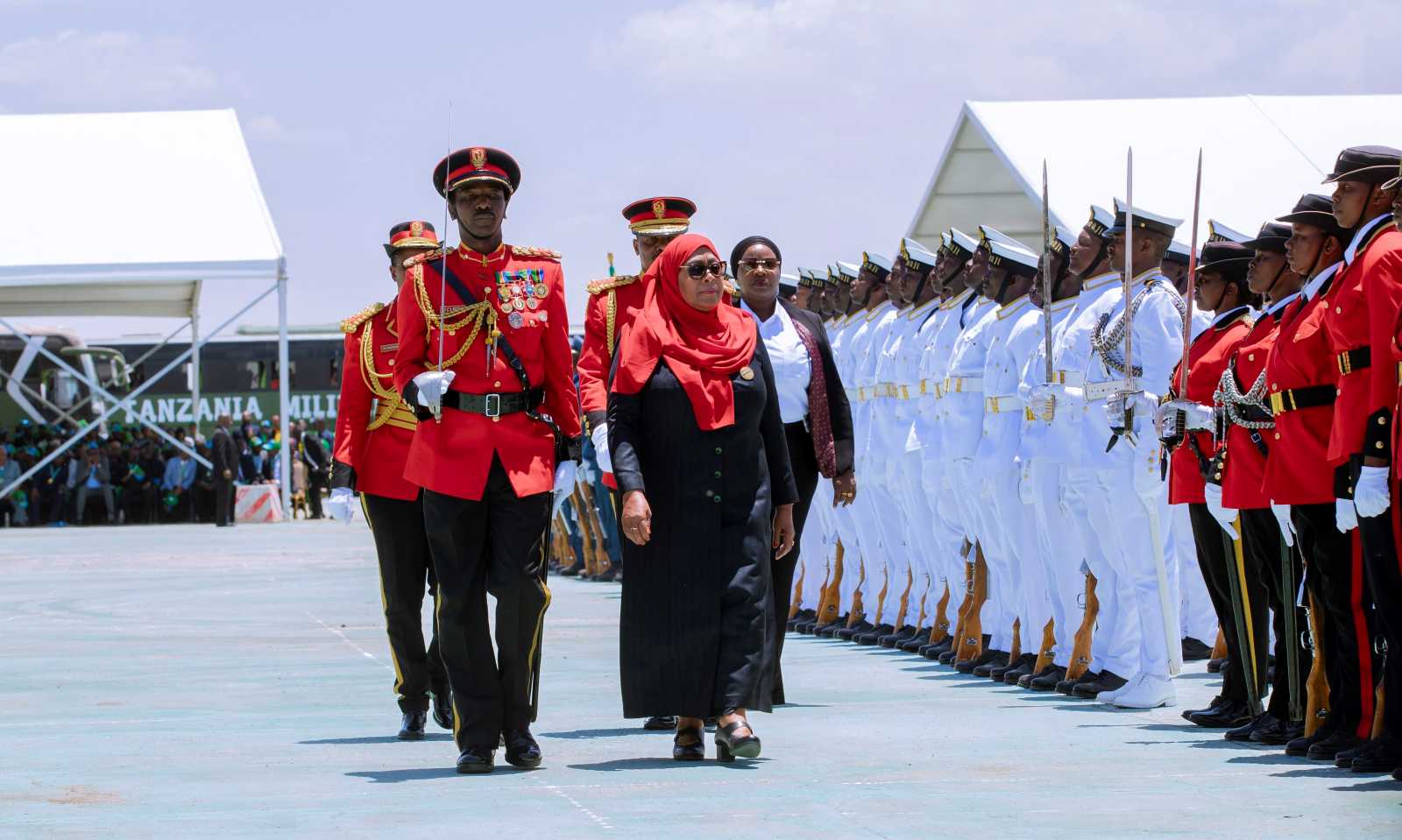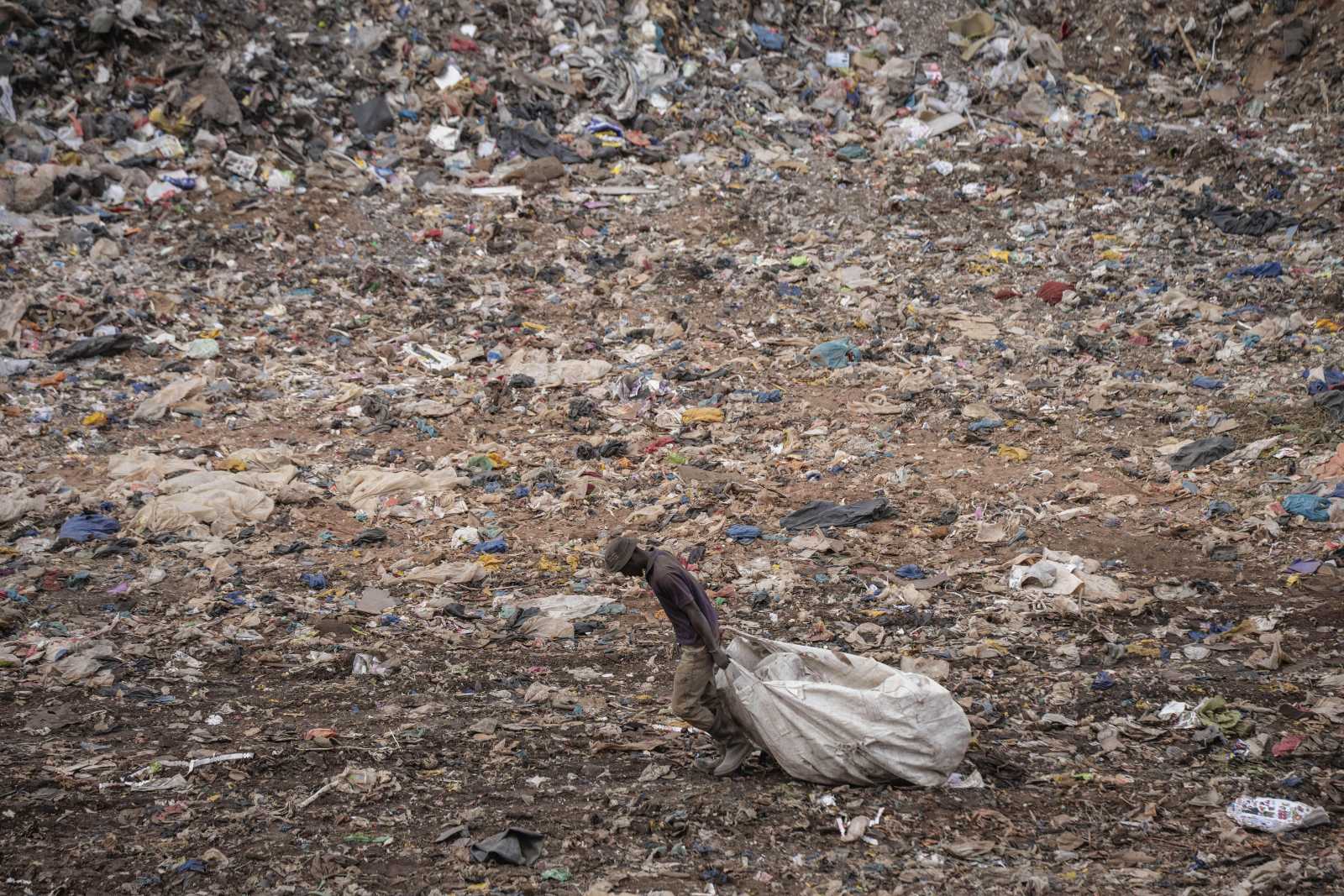Commodities
To whom belong the bounties of the world?

The dilemma is most obvious in relation to vital natural resources: Should water, for instance, only belong to the country where it is found? Or do natural water resources belong to all humans? Is armed struggle legitimate to get access to water? Perhaps – if one’s survival is at stake. But does the same hold true for the access to oil? These and other questions are considered in a new book with the title “Kampf um Ressourcen. Weltordnung zwischen Konkurrenz und Kooperation” (Scramble for resources. World order between competition and cooperation).Many of the authors teach at institutes of philosophy, and their view on political conflicts differs from those of political scientists. Ethical questions are at the core of their debate. “The scramble for scarce resources is a central factor in national development and international relations”, write the editors, Hanna Pfeifer and Michael Reder from the Munich School of Philosophy, a Jesuit outfit.
Resource conflicts and conflict resources
Resources are scarce and disseminated unequally across the globe. Accordingly, questions arise concerning peace and security, ethically acceptable resource management and the impact on regional conflicts. The book questions popular assumptions, such as the expectation that scarce resources automatically lead to violent conflict.
Peter J. Croll, Lena Guesnet and Rebecca Schmitz from the Bonn International Center for Conversion (BICC) write that scarcity is not an absolute concept, but always depends on demand. If demand is strong for a rare good, it becomes scarce. Some resources, moreover, are abundant, but become scarce nonetheless due to war or other events that restrict their supply. In other cases, innovations create sudden demand for certain goods. An example are rare earths that are needed for high-tech products.
A country’s resource wealth, however, does not necessarily lead to affluence. On the contrary, the exploitation of natural resources often goes along with mass poverty, as is elaborated in the chapters on regional and resource-specific conflicts. For example, uranium exploitation in Niger basically serves France’s demand for its nuclear programme, according to János Riesz. He argues that France has a strong influence on politics in Niger and mentions “strategic and geopolitical pretensions”, which go back to colonial days. French corporations are getting bargain deals in Niger, Riesz states, as they are paying only “a third of the world market price”, even in view of rising uranium prices. The common people in Niger, however, are said to hardly benefit at all from the country’s uranium wealth.
Vital natural resources
According to Raimund Bleischwitz, there is little proof for resource scarcity typically resulting in conflict, and experience shows that “cooperation is ultimately preferred”. He considers Europe a good example, where resource scarcity motivated several nations to establish a common market – the EU. Another option for reacting to scarcity is to promote innovation, Bleischwitz argues, so violent conflict is really only one of many possibilities.
The real question, in his eyes, is what conditions foster cooperation. “In essence, these are issues of governance,” he writes. He wants entrepreneurs, political leaders and society in general to rise to the challenges.
Resource ownership is regulated by two diverging principles. On the one hand, the principle of the commons states that certain resources belong to anyone who uses them. The oceans are an example. On the other hand, the principle of territory means that all resources belong to the country where they are found. This applies to gold, timber and oil, for instance.
Some cases, however, are controversial – for example, when one country builds dams on its territory and thus causes water scarcity in a neighbouring country. Christoph Horn argues that the principle of territory is hardly justified when resources of “vital importance for all human beings” are at stake. He points out, furthermore, that transnational problems like climate change and the depletion of natural resources cannot be tackled meaningfully by individual countries on their own.
Dirk Messner of the German Institute for Development maintains that humanity has reached the “limits of the Earth system”. He takes a global view and is in favour of international policymaking. Climate change shows the impact humans have on nature, Messner emphasises. It was caused by human action and is now straining the global eco-system, with detrimental impacts on food and water supply.
Messner states that effective resource management is possible, but requires a “high level of global cooperation”. Fair and effective global governance is needed, according to him, to manage diminishing resources well. In Messner’s view, a “great transformation towards sustainability” is needed to preserve the Earth system.
Sheila Mysorekar








